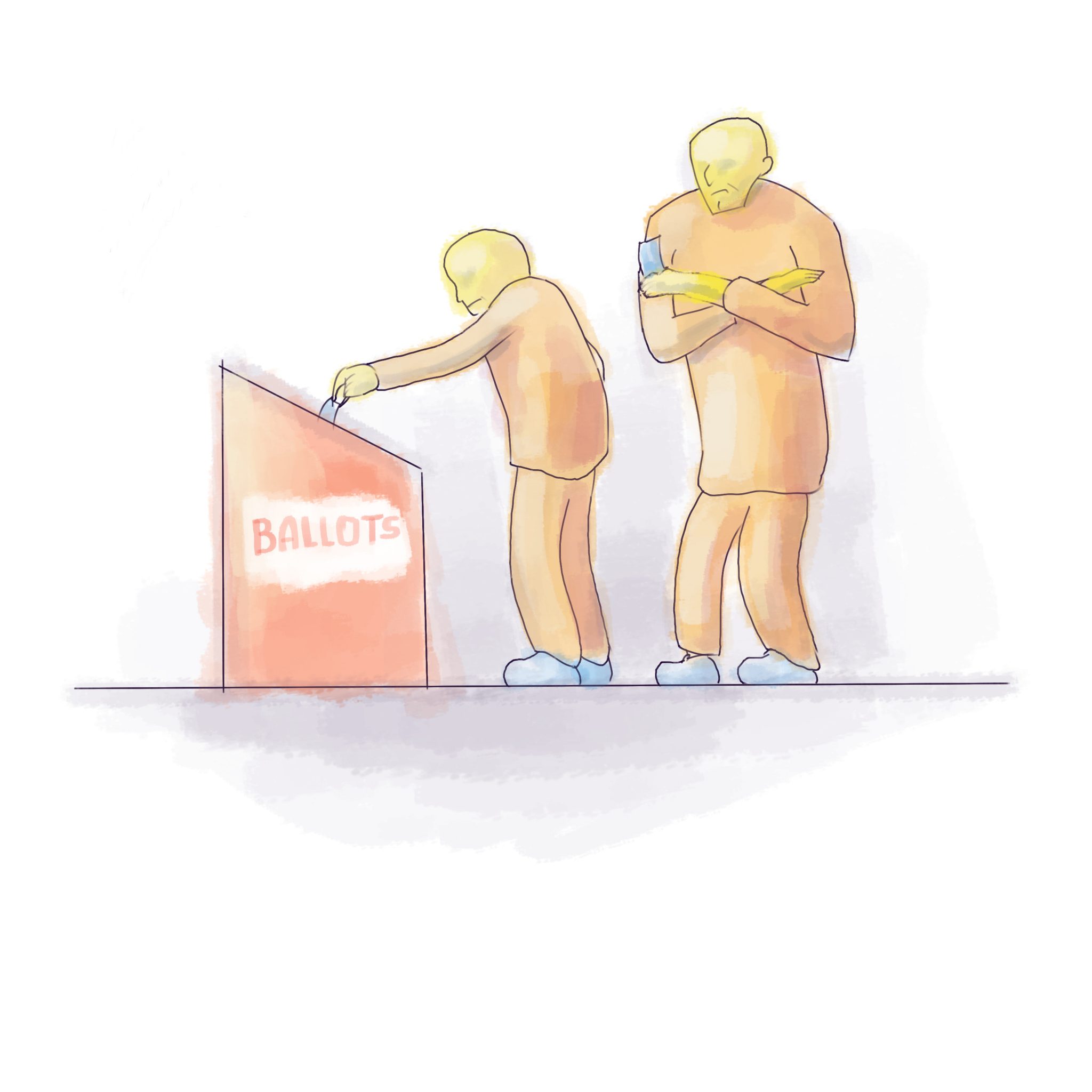Everyone deserves the right to vote: even ex-felons


By the time this article is published, Florida voters will have been confronted with 12 constitutional amendment proposals during their general election on Nov. 6.
These amendments range everywhere from banning the use of e-cigarettes in enclosed spaces, to banning offshore gas and oil drilling, to increasing taxes.
The fourth amendment aims to restore voting rights to former felons who have already served their sentence.
This referendum, if it goes through, would re-enfranchise over 1.5 million Floridian ex-felons, and could largely change the states’ electoral outcomes in the future.
The current voting law in Florida does not grant ex-felons the right to vote upon completing their sentence. Florida is one of four states, including Iowa, Kentucky and Virginia, that permanently bars felons from voting after they complete their sentences.
The only exclusions proposed for this amendment would be for violent offences, including murder and sex-related crimes. Otherwise, once a former felon has served their time be it prison, parole or probation, they regain their right to vote automatically.
It seems that Canada is already a few steps ahead of Florida in regards to voting laws. Here, it is guaranteed that all citizens have the right to vote in federal and provincial elections.
This includes those who were formerly or currently behind bars; those who are incarcerated retain the constitutional right to vote.
In 2002, the Supreme Court of Canada gave federal prisoners the right to vote, claiming it to be a democratic right. Regardless of their conviction or length of time they are serving, Canadian felons are granted a slice of humanity even from behind bars.
If we want ex-offenders to be able to turn their lives around, we need to be giving them outlets to be able to fully return to society, and the fourth amendment in the Florida referendum will do just that.
During the 2011 Canadian federal election, voter turnout was at 61 per cent for the general population, and 54 per cent for those who were incarcerated, proving that felons are almost equally as involved in the democratic process as other eligible voters are.
It’s safe to say that felons are interested in being politically active. During incarceration, they often have access to television and other news outlets, making them just as informed — and maybe even more so — than the general population.
Felony disenfranchisement is the term used when eligible voters are excluded from exercising their rights due to criminal offence.
The whole concept of felony disenfranchisement is a little disturbing to me. If you complete your sentence, why should you continue to be punished? Excluding ex-felons only works to try and keep them from fully integrating back into society.
Those who have made great efforts to turn their lives around deserve a chance to become involved in the political processes of their country once more.
If we truly thought felons could never be reformed, then we would never give them a chance at freedom again.
If you ask me, it seems as though the American electoral system holds some sort of stigma against those who are incarcerated.
Felony disenfranchisement disproportionately affects minority populations. Across America, nearly one in 13 black citizens are banned from voting because of this law. In Florida, the number climbs even higher, leaving one in five black citizens unable to vote.
The right to vote should be automatically restored upon sentence completion. When it is not, it reinforces further inequality. The United States incarcerates more people than any other nation, and the racial disparity in these arrests disproportionately affects minority communities.
If we want ex-offenders to be able to turn their lives around, we need to be giving them outlets to be able to fully return to society, and the fourth amendment in the Florida referendum will do just that.
Because I’m writing this article premeditatively to the actual election, my only hope is that Florida voters make the best possible choice on Nov. 6, and are able to recognize that voting rights do, in fact, belong to those who have already paid their debt to society.


